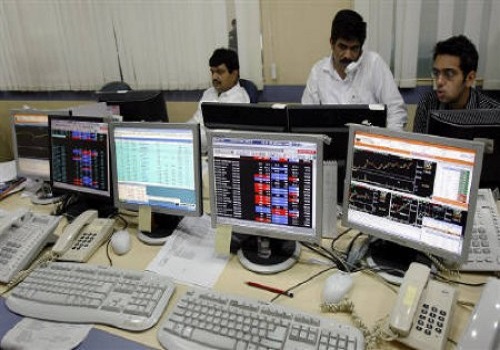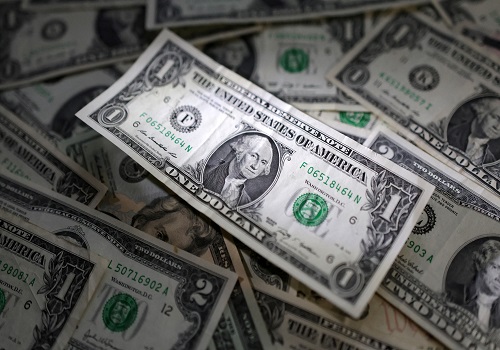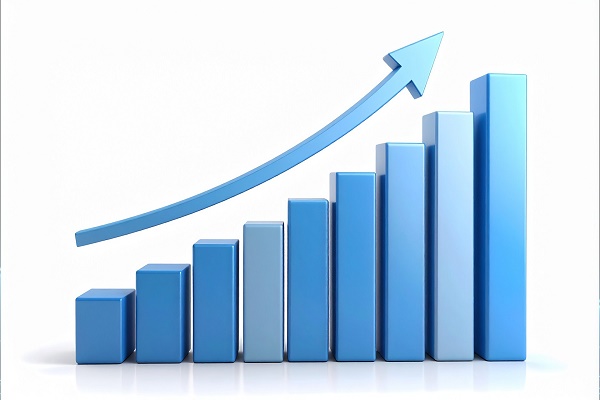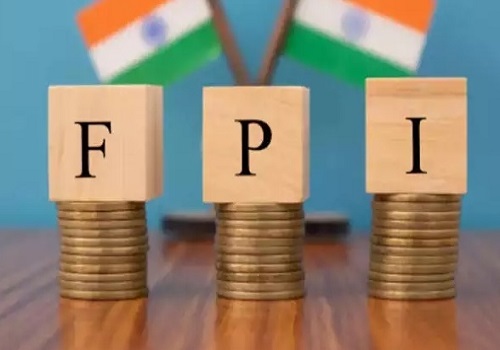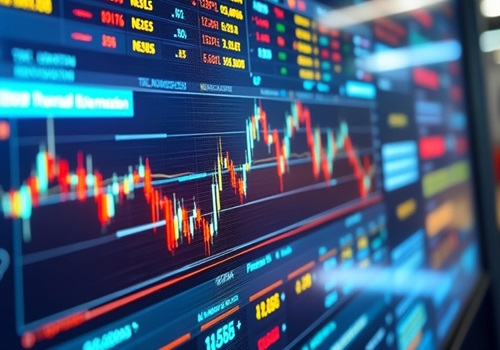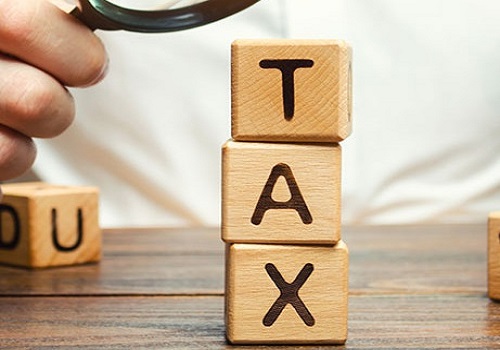Is higher inflation really the worst outcome? - Motilal Oswal

Is higher inflation really the worst outcome?
Not really. Lack of inflation should be the most feared scenario
* “87% of Roundtable economists view stagflation as the bigger risk to the economy,” the latest biannual survey of the US Securities Industry and Financial Markets Association (SIFMA) concluded, based on chief US economists from 27 financial institutions. The remaining 13% saw hyperinflation as the bigger risk, with nobody fearing deflation.
* Besides economists, American consumers and businesses also expect higher inflation (Exhibit 1-2). According to the University of Michigan, US consumers expect inflation at 4.7% (2.8%) over the next year (and over the next five years). As much as four-fifth of participants in the Manufacturing sector and two-third in the Services sector in the Institute of Supply Management’s (ISM) Purchasing Manager Index (PMI) see higher prices.
* Going by numerous surveys, it is clear that higher inflation dominates the minds of almost all economic participants, including policymakers. All surveys indicate that the current inflation perceptions are the worst in 13 years. Prior to CY08, such inflationary tensions were seen in the 1970s.
* The difference, however, is that while these pressures sustained in 1970s, they disappeared quickly in late-CY08. So, the question to ponder is, “will inflation in the 2020s decade replicate 1970s or the 2010s trends?” (We have already penned down our views here and here.)
* Another delicate, but a more important, point to consider is the difference between the ‘most feared’ and ‘the worst’ scenario (Exhibit 3). Going by various surveys, market participant interactions, and policymakers’ discussions, higher inflation is the ‘most feared’ scenario. However, as we explain, it is not ‘the worst’ scenario. In fact, we think that while COVID-19 has been deleterious on several aspects for the world economy, higher inflation, if achieved, will probably be the most favorable outcome of it, and also refreshing after 13 years of struggle.
* The worst outcome would be, even after all that has been done by policymakers around the world, if inflation/growth remains subdued. What if inflation, as is being currently perceived by the global central banks, turns out to be transitory and disinflation (or deflation) resurfaces after a year? That, we believe, would be the worst possible outcome for the world economy.
* Why? For a simple practical reason. Time and again it is proven, and broadly accepted, that higher inflation (unless turns into hyperinflation, which is rare and requires extra special circumstances to occur) is a less ferocious opponent than low inflation (disinflation or deflation). Global policymakers (fiscal and monetary) have encountered and beaten the former, while occurrence of the latter has been few, but definitely more troublesome.
* If higher inflation turns out to be a reality, fixed income markets would be seriously affected at first. Higher interest rates (or lower prices of bonds) would start having a domino effect, hurting low-graded/high-risk securities, and thus the broader financial markets. As the economic activity gets hurt due to sustained higher inflation, policymakers will get into the action (with some delay) to tame inflationary pressures.
* Unless it is accompanied by some unexpected surge in oil prices, non-fuel commodities, the serious debasement of currency, or some other unanticipated shock, monetary/fiscal tightening will contain inflation at the cost of growth. Of course, higher inflation with higher growth will be more preferable than higher inflation with lower growth (stagflation). But, in both cases, the policymakers’ reaction would be broadly similar.
* Now, let us consider ‘the worst’ scenario – return to disinflation/deflation. If inflation (and growth) fails to pick up on a sustained basis, even after the 3x expansion in the global fiscal deficit – to USD9t in CY20 from USD3t in CY19 (Exhibit 4) and 50% increase in the balance sheets of global central banks – to USD37t in Jun’21 from USD25t in Dec’19 (Exhibit 5), then the hopes of higher growth/inflation should be put to rest, monetary/fiscal policy normalization should be forgotten, and the Japanification of the world economy should be accepted.
* The old world economy, in other words, should be buried, and we should prepare to survive and thrive in the new uncertain world. (We feel the best-possible combination of higher growth and low inflation has negligible probability, and therefore has not been discussed.)
* Overall, we must be careful with what we wish and fear. Higher inflation will have its adverse impact on the economy and financial markets; however, it is not the worst possible outcome. The lack of inflation, after the unprecedented support over the past couple of years, would be disastrous and thus, should be the most feared scenario.
To Read Complete Report & Disclaimer Click Here
For More Motilal Oswal Securities Ltd Disclaimer http://www.motilaloswal.com/MOSLdisclaimer/disclaimer.html SEBI Registration number is INH000000412
Above views are of the author and not of the website kindly read disclaimer
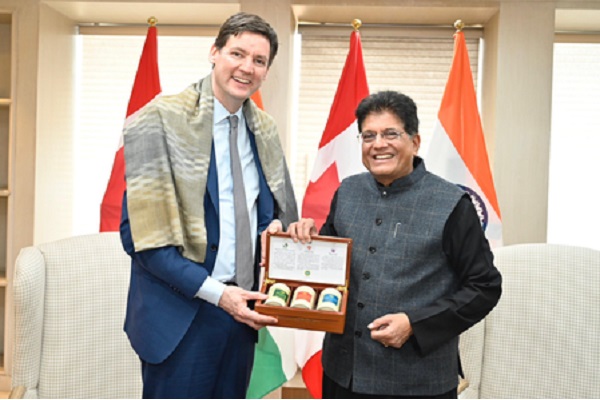
.jpg)


.jpg)


